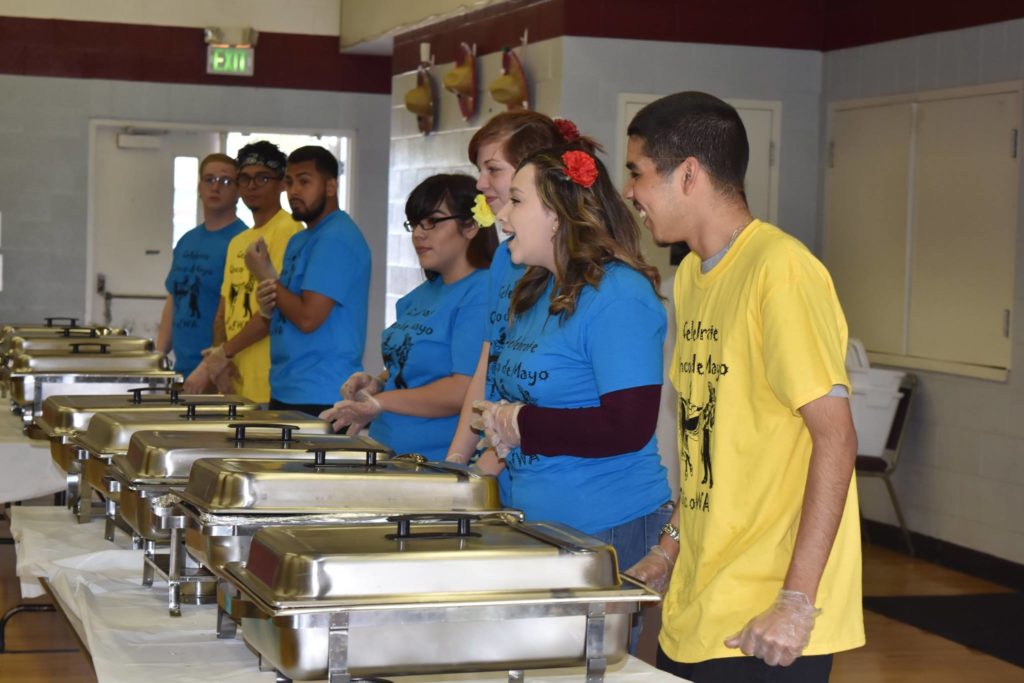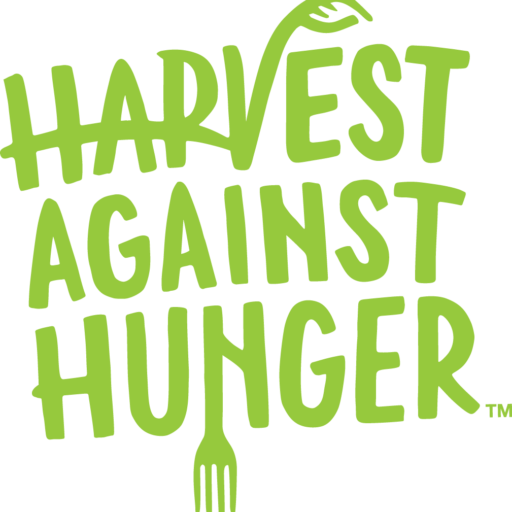How Can We Help?
Volunteer Recruitment and Outreach Strategies with OIC

Volunteer Recruitment and Outreach Strategies
OIC of Washington has three categories of volunteers: out-of-town groups, in-town groups, and individual volunteers. Recruitment and engagement varies for each category.
- Out-of-town groups, or mission trips, are youth and their leaders who come to the Yakima Valley in the summer for the sole purpose of engaging in community service and volunteering. Rural areas with high poverty rates and high minority populations are destinations for these trips. Gleaning projects at OIC have worked closely with Campbell Farm Retreat Center, which has referred volunteer groups to the organization. This relationship gives gleaning events a steady stream of energetic volunteers during the summer months when there is less time to plan perishable soft fruit (cherry, blueberry) gleans. A similar group is Quo, a student travel group that connects seventh graders and their teachers with applicable volunteer opportunities in Washington State. Once in contact with these organizations, they provide the volunteers, so recruitment is streamlined. Due to the nature of these trips, engagement is high and retention lasts while they are in Yakima.
- As summer ends and fall begins, OIC targets in-town volunteer groups. These groups range from partner organizations and businesses, college clubs, and church groups. Our program has more scheduling flexibility to work around these groups’ schedules in the fall because it is the season for less-perishable hard fruits such as apples and pears. Reliable groups that OIC has worked with in the past are DomexSupergrowers, Northwest Harvest, YVCC Climate & Environment Club, Asian Pacific Islanders Coalition, and Food Equity Coalition of Yakima. When reaching out to these groups, it is always best to get in contact with the volunteer coordinator in each organization, or the leader of the organization if there is no designated volunteer coordinator. It is easier to distribute information through one individual who leads the organization rather than trying to find and contact each individual member. Due to the nature of these groups, regular volunteer availability may vary, but having them in your contact list is beneficial because when they are available, they attend in large numbers.
- OIC relies on individual volunteers for last-minute gleaning opportunities and for gleaning small farms or residential trees. These gleaners volunteer more regularly and are interested in socializing with familiar faces while they glean. This is the most important group to build a personal connection with. Word of mouth is the most effective recruitment strategy for these volunteers, and our program encourages current volunteers to invite friends and colleagues to come with them for volunteer opportunities.
Volunteer Retention
The gleaning program in Yakima uses three-fold approach to retain volunteers:
- Make a personal connection. Volunteers return to an organization not only because they support its mission but because they made a personal connection with something or someone there. Try to facilitate connections between volunteers by splitting them into small groups or, if you have time, work next to volunteers and engage them in conversation.
- Stress the importance of your work. Meaningful work is a great motivator. When volunteers feel that they are making a difference, their investment in that work increases because they feel good about it. Don’t forget to remind volunteers how important their work is and how they are helping the community.
- Appreciation. Showing thanks to your volunteers is a great way to show appreciation for their service. This can vary depending on the type of volunteer and what their involvement looks like; some examples are thank you notes, gift cards, snacks, and parties.
Networking is essential for the success of the gleaning program in Yakima. During OIC and Henry Beauchamp Community Center events, while at the farmers market, and while working with partner organizations, talk to folks about the program and the impact it has throughout Yakima. Networking allows for community members to see the face behind the program and build trust in the mission. This is crucial in the Yakima community because people, groups, and organizations are connected among one another. Networking is also a great way to show enthusiasm for the program which can encourage more people to become involved.


